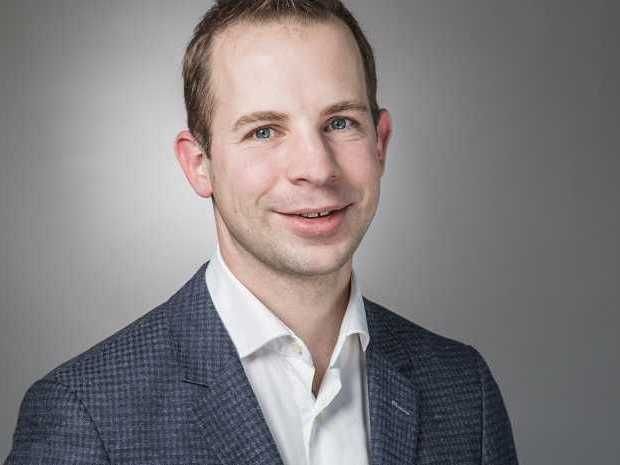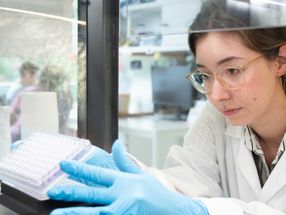Synthesis methods honoured
Advertisement
This year’s Ruzicka Prize has been awarded to Christof Sparr, Assistant Professor at the University of Basel. The 38-year-old ETH alumnus was honoured for his outstanding achievements in the development of new synthesis methods.

Christof Sparr
Universität Basel
Christof Sparr was born in 1980 in Appenzell. He studied chemistry at ETH Zurich and completed his education with a doctorate in synthetic organic chemistry. After continuing his research at ETH Zurich and the University of Cambridge, he moved in 2013 to the University of Basel, where he was appoint-ed Assistant Professor of Chemistry in 2016. In addition to this year’s Ruzicka Prize, Sparr has previ-ously been awarded the ETH Medal for his doctoral thesis, and last year won the Swiss Chemical Society’s Werner Prize.
Sparr conducts research in the area of the stereoselective representation of compounds with restrict-ed rotation. His research group is focused on arene-forming aldol condensation, which works in a similar way to aromatic polyketide biosynthesis. In recognition of his pioneering results, ETH Zurich is awarding Sparr the Ruzicka Prize, which includes prize money of CHF 10,000.
One of the most important prizes for promoting young talent
Since 1957, the Ruzicka Prize, named after the ETH professor and Nobel Prize winner Leopold Ruzicka, has been awarded annually to young researchers who publish outstanding work in the field of chemistry. It is funded by the Swiss chemical industry. Along with the Werner Prize, it is Switzer-land’s most important award for the promotion of young talent in the field of chemistry.
The boards of trustees have discovered a wealth of talent since the prize was first awarded: the list of winners includes names such as Richard Ernst (magnetic resonance, Nobel Prize 1991) and Charles Weissmann (prion research, Robert Koch Medal 1995). It is open to chemistry researchers who are under 40 years old and have no permanent professorship.
Other news from the department science
Most read news
More news from our other portals
See the theme worlds for related content
Topic world Synthesis
Chemical synthesis is at the heart of modern chemistry and enables the targeted production of molecules with specific properties. By combining starting materials in defined reaction conditions, chemists can create a wide range of compounds, from simple molecules to complex active ingredients.

Topic world Synthesis
Chemical synthesis is at the heart of modern chemistry and enables the targeted production of molecules with specific properties. By combining starting materials in defined reaction conditions, chemists can create a wide range of compounds, from simple molecules to complex active ingredients.
































































